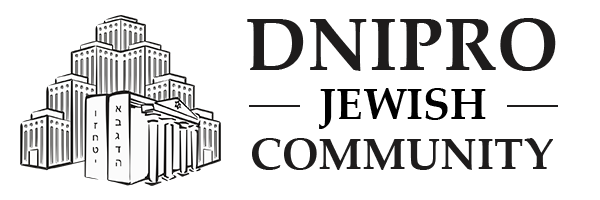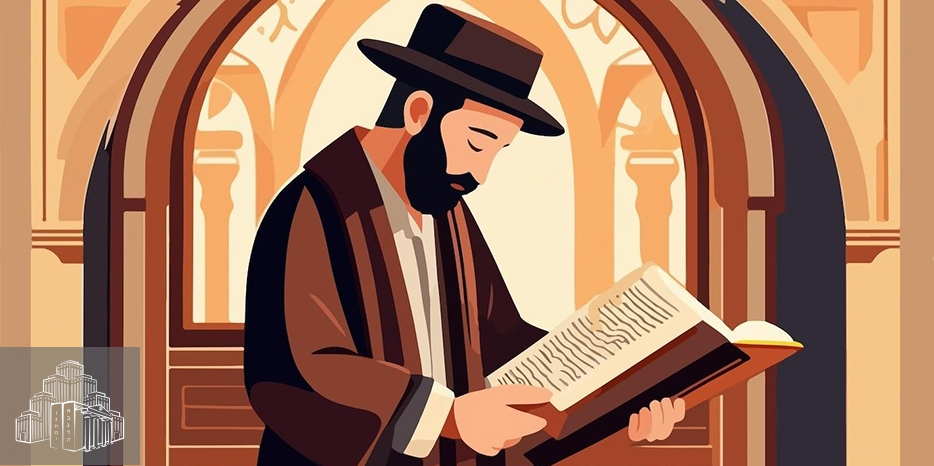Starting from the first Shabbat after Passover, synagogues begin the weekly study of the tractate Pirkei Avot (“Ethics of the Fathers”). The study takes place every Shabbat after the afternoon Mincha prayer.
Jewish sources explain this tradition as follows: “According to ancient custom, on Shabbatot between Passover and Shavuot, we study the Mishnaic tractate Pirkei Avot. This text is devoted to questions of ethics and human behavior. Unlike other tractates of the Mishnah, it contains no legal rulings, but instead focuses on moral standards and the development of noble character traits.
It compiles sayings of our greatest sages — the Avot Olam (“Fathers of the World”). Hence the name Avot. Some explain further: the values taught in this tractate are ‘fathers’ of all wisdom and virtue, pointing the way for those striving for spiritual and moral excellence.
In his commentary, Rashi writes: “It is called Avot because it lists, in order, the teachings of our earliest leaders — from Moses to Joshua, to the Elders, the Men of the Great Assembly, Shammai and Hillel, Rabbi Yochanan ben Zakkai, and his disciples. This was done to show us how wise they were, how they warned and guided their generations — and how every sage should follow their example.”
These teachings are of the highest moral level. And we who study them might ask: “Can we ever live up to these ideals? If not, why study them?” At the same time, Pirkei Avot also contains many principles that only hardened wrongdoers ignore. Most decent people live by them already — so we might wonder: “What’s new here? Why are we learning things we already practice?”
The answer lies in a Mishnah from Sanhedrin, quoted as a preface to every chapter of Pirkei Avot: “Every Jew has a portion in the World to Come.” That’s also why each chapter concludes: “God desired to grant merit to Israel; therefore He gave them the Torah and commandments.”
Every Jew is inseparably connected to this spiritual heritage. None of us can say, “These are lofty ideals, meant for saints, not for me.” On the contrary — we are all part of this chain, as much as we are part of the spiritual realm.
Nor should we dismiss simple teachings. Many Torah laws are so foundational that we might have followed them even without divine instruction. But the mitzvah lies precisely in fulfilling them because they were commanded — and in doing so, we earn divine reward. So too, the one who studies even the simplest words of the sages earns infinite merit, for this is part of Torah study — the Torah given at Sinai.
Originally, the tractate had five chapters. A sixth was added later due to the custom of weekly Shabbat study. It is read on the final Shabbat before Shavuot, the holiday of the Giving of the Torah. This tradition is mentioned in the Siddur of Rabbi Amram Gaon, compiled over 1,100 years ago: “In our Talmudic academy in Babylon, it is customary after Mincha on Shabbat to study Avot and the chapter ‘The Value of Torah’.”




